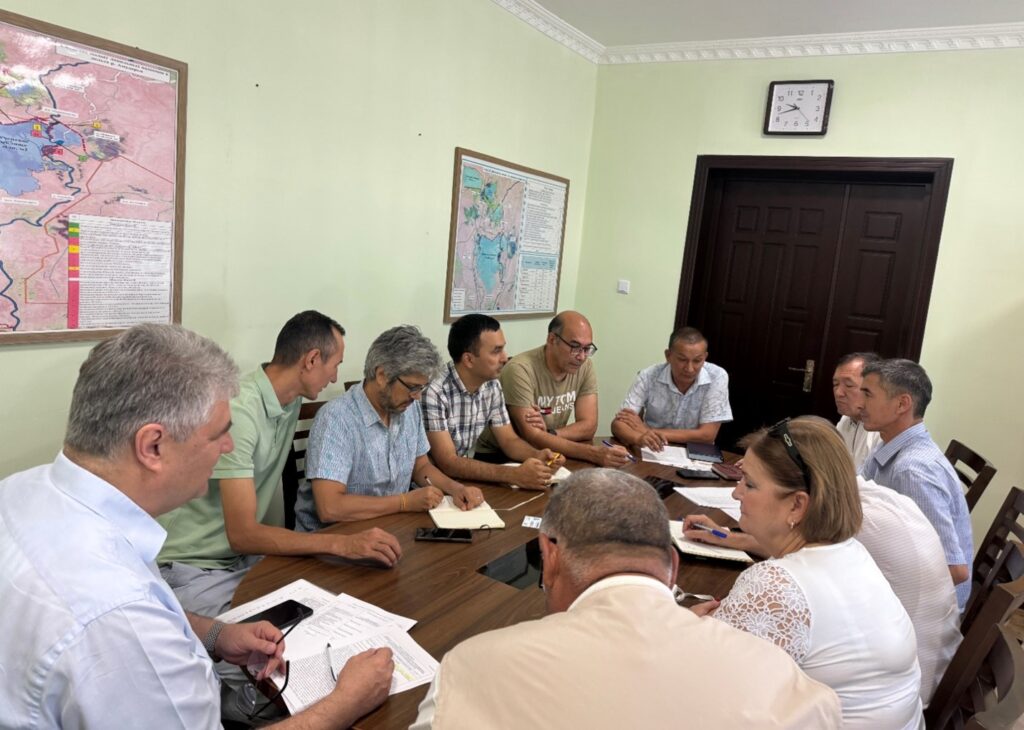The Central Asia Regional Economic Cooperation (CAREC) Program is a partnership of 11 countries from Central Asia, South Asia, the Caucasus, as well as Mongolia and the People’s Republic of China and works to increase regional cooperation to help the region shift to low carbon development pathways and build resilience against climate induced hazards. ADB hosts the CAREC secretariat and helps to facilitate projects that deliver regional benefits.
In 2017, CAREC introduced agriculture and water as a new pillar under the CAREC 2030 strategy to provide a conducive and trusted platform to foster regional cooperation and integration on water security. The water pillar was established in 2020 and its scope was devised in 2022. Since then, a number of activities and consultations with CAREC countries have been undertaken including provision of a long list of potential regional projects that could be financed by ADB.
In this project prefeasibility studies will be conducted for three selected priority projects:
- Climate change adaptation through improving irrigation efficiency in the Aral Sea Basin
- Climate Resiliency of Bakhri Tojik reservoir for improved irrigation and energy supply
- Joint Automated Water Metering System in the Aral Sea Basin
The prefeasibility studies entail:
- Technical, financial, economic, poverty and social analysis.
- Environment, social, and indigenous people’s safeguards assessments.
- Climate change assessments.
- Financial management and procurement capacity assessments; and
- Institutional set-up and project implementation arrangements.
For these prefeasibility studies FutureWater conducts the climate risk assessment.

